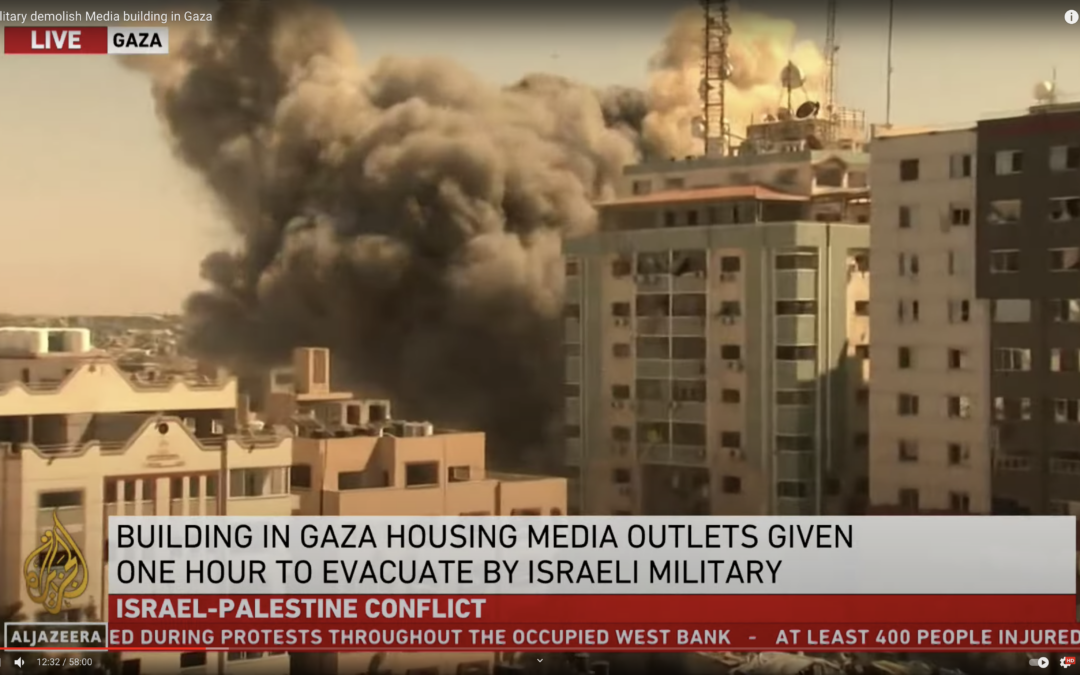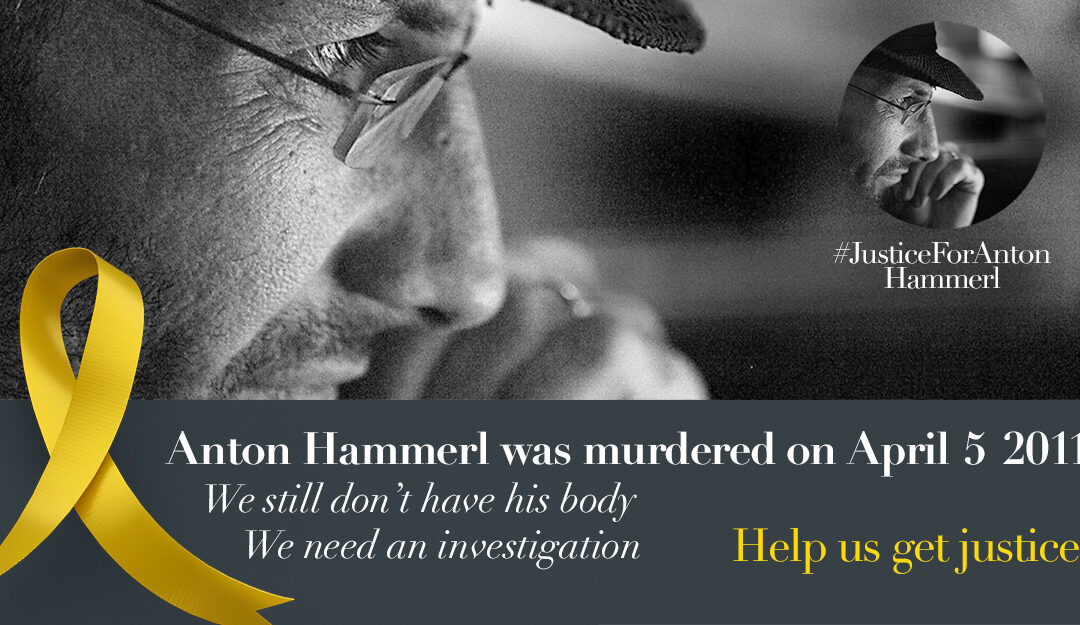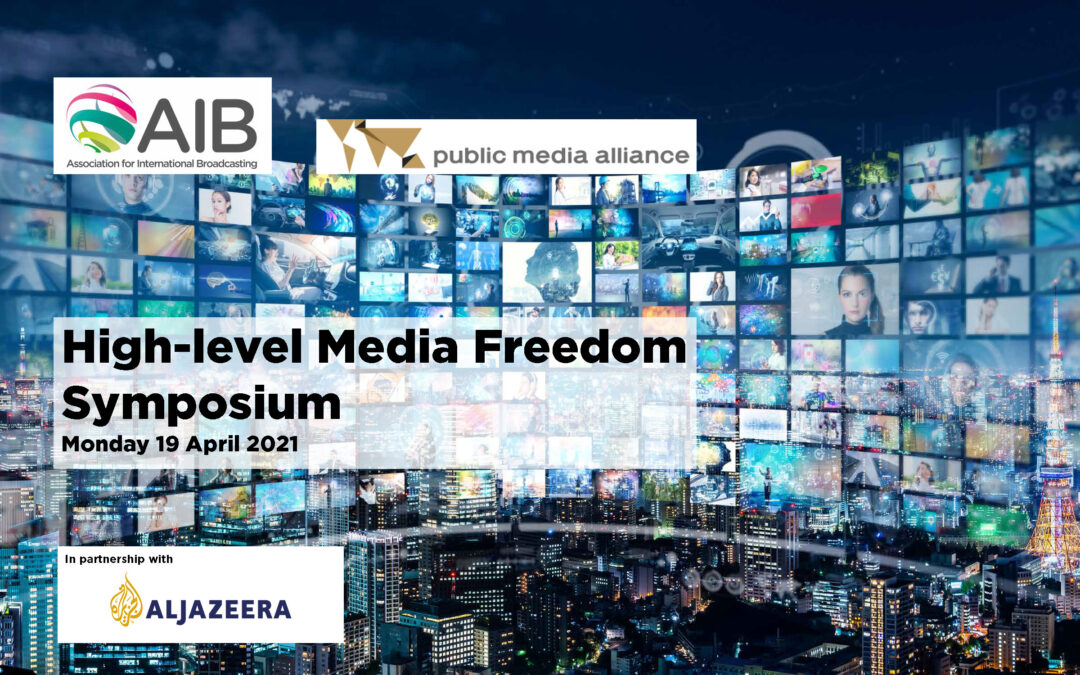
AIB supports Members with major work programme on Big Tech
AIB supports Members with major work programme on Big Tech
Broadcasters and other media companies are constantly increasing their use of social media platforms to reach audiences globally. This brings with it a range of new challenges as audiences move their attention online to major social media platforms and linear broadcasting’s share of audience time diminishes.
Key among the questions facing Members of the Association for International Broadcasting – and other media companies across the world – is how to engage with the increasing number of platforms that they need to use to reach audiences and the range of new, challenging issues that arise.
To address these challenges, the AIB is establishing a Big Tech Intelligence Group. This will gather data from AIB Members on how effective their engagement is with social platforms they use to distribute content, and whether engagement is at the right level of seniority within social platforms to enable problems to be resolved.
“Broadcasters face a different set of problems with social platforms compared to traditional distribution,” comments Simon Spanswick, chief executive of the AIB. “Broadcasters using social platforms face significant issues over editorial control, data sharing and copyright among other subject areas. This new Intelligence Group will help all AIB Members – who collectively have weekly audiences of well over one billion people globally – in developing new ways to enhance relationships with social platform companies. The Group will also seek to demonstrate and remind social platforms of the very important role that AIB Members’ content has in driving platform take-up and usage that drives revenue growth for the platforms.”
AIB Members are currently completing a survey that will help to inform the work of the new Intelligence Group and its first meeting will be held in the coming weeks to map out the roadmap of the Group’s work.





